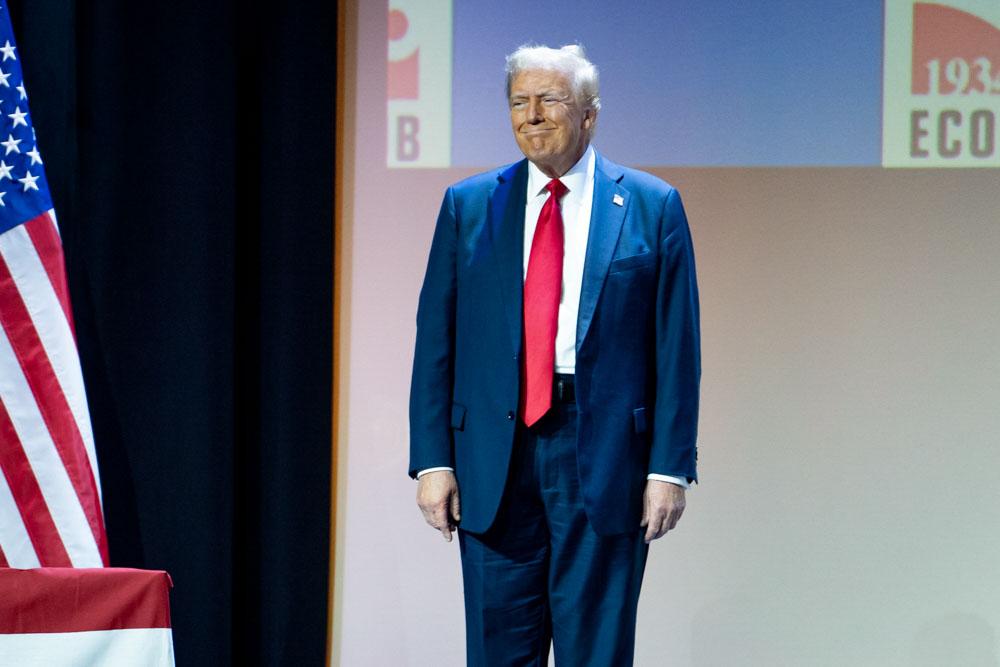Former President Donald Trump said he would put an end to double taxation on U.S. citizens who live outside the country, if elected in November, with the promise marking the Republican presidential nominee’s latest campaign pledge to lower taxes on Americans.
U.S. law requires Americans to file tax returns every year, even if they live and work abroad. It also requires them to potentially pay taxes to the IRS on their worldwide income in addition to any taxes they may have to pay in their country of residence, which is known as double taxation.





